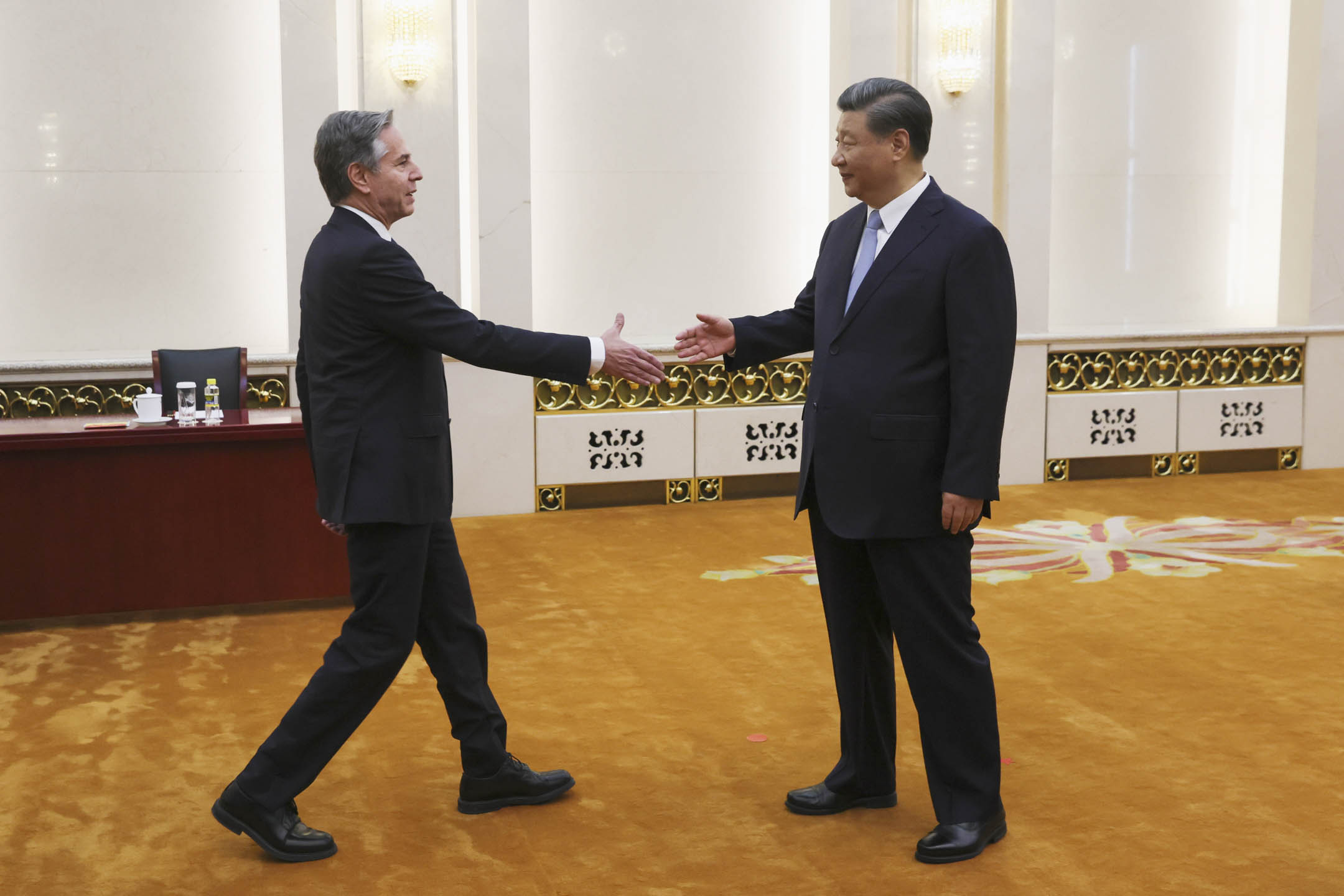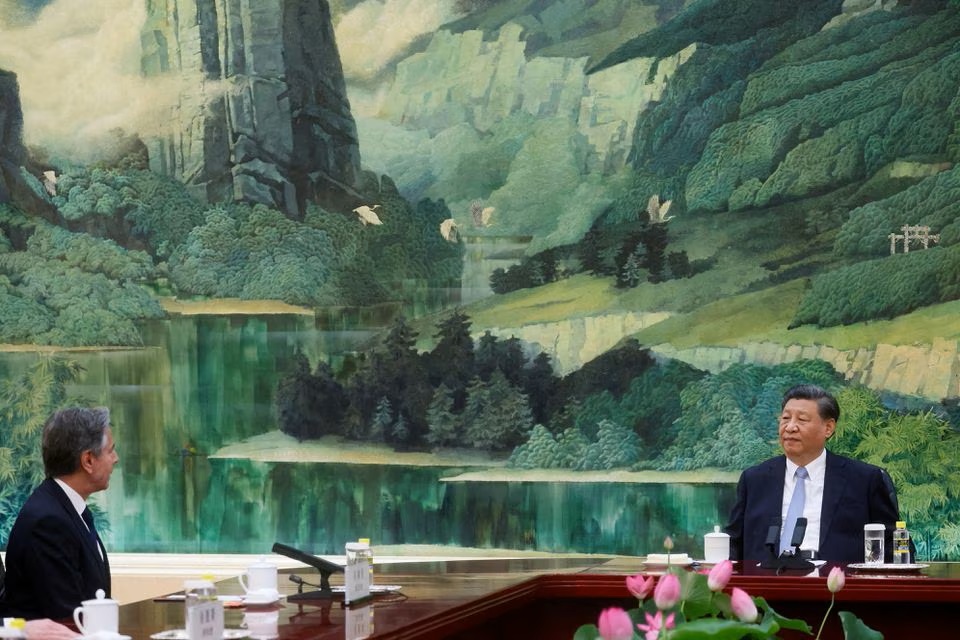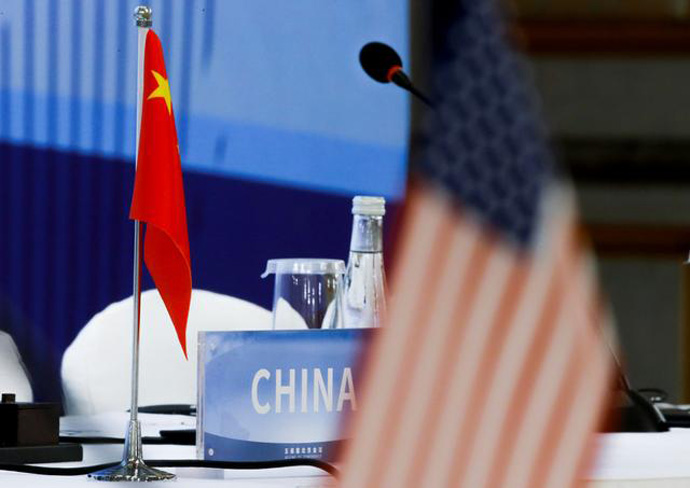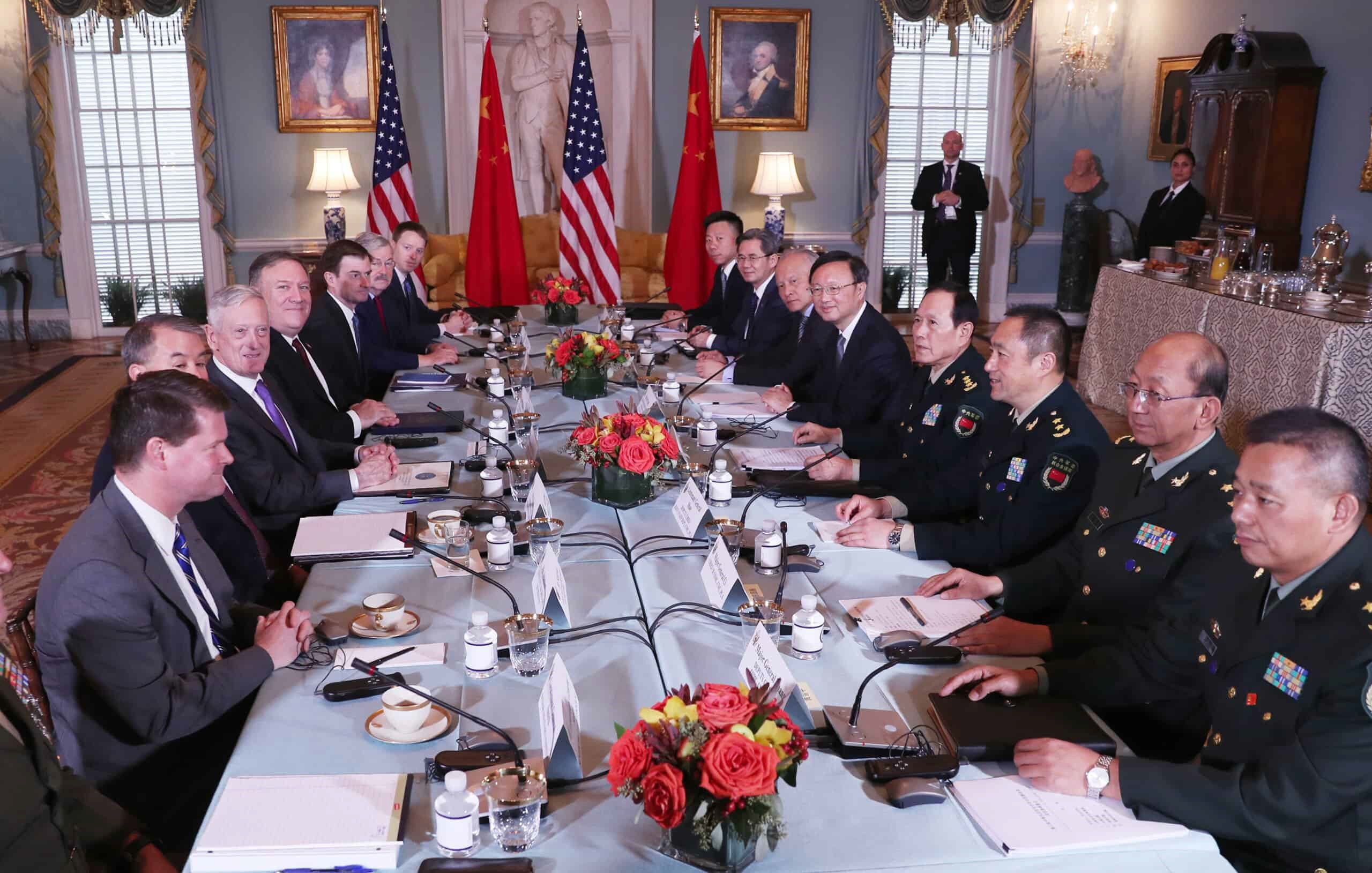Stephen Roach, Senior Fellow, Yale University
Jun 29, 2023
US Secretary of State Antony Blinken’s long-delayed trip to Beijing has come and gone. Despite the predictable optimistic spin on the visit – both sides agreed to strengthen people-to-people exchanges and promised to continue talks – it did little to defuse the increasingly fraught conflict between the United States and China.

Zhao Minghao, Professor, Institute of International Studies at Fudan University, and China Forum Expert
Jun 27, 2023
A single visit to China by the U.S. secretary of state will not change the trajectory of relations, and American officials have tried to lower expectations. The foremost test in the years to come will be the prevention of war, which many believe is unavoidable.
Sourabh Gupta, Senior Fellow, Institute for China-America Studies
Jun 21, 2023
Antony Blinken’s visit to China will be a pivotal juncture in U.S.-China relations. The opportunity for both sides to start acting in good faith toward one another is precious and could change the trajectory of the near future.
Chen Jimin, Guest Researcher, Center for Peace and Development Studies, China Association for International Friendly Contact
Jun 21, 2023
Building a new type of major country relationship with the United States has been the consistent goal. Yet this cannot be achieved through the efforts of China alone. It requires both sides to pull in the same direction. Where relations go next depends on the strategic choices of both countries.

Sun Chenghao, Fellow, Center for International Security and Strategy of Tsinghua University; Munich Young Leader 2025
Su Liuqiang, Research Fellow, SIIS
Jun 21, 2023
The window of opportunity for rapprochement between China and the U.S. is likely small, given the approach of America’s polarizing presidential election season. To put it bluntly, if the Biden administration fails to make corrections 2023 may become another lost year.

Shao Yuqun, Director, Institute for Taiwan, HK and Macau Studies, Shanghai Institutes for International Studies
Jun 21, 2023
U.S. Secretary of State Antony Blinken's visit to China represents one of the steps taken to actualize the principles discussed during the meeting between President Xi Jinping and his U.S. counterpart, Joe Biden, in Bali. The visit was initially planned for February this year, but following the "spy balloon" incident, the Biden team decided to postpone it. This decision was influenced by domestic political pressures and an attempt to leverage these pressures against China.
Zhong Yin, Research Professor, Research Institute of Global Chinese and Area Studies, Beijing Language and Culture University
Jun 16, 2023
Amid the souring stew if China-U.S. relations, the growing distance between the countries’ armed forces stands out as particularly significant. A halt in military interactions indicates high tension. The good news is that the two both sides agree that engagement still counts.
Xie Feng, Chinese Ambassador to the United States
Jun 12, 2023
Some of you have recently joined us in celebrating the 100th birthday of Dr. Henry Kissinger. The centenarian has reminded us of how important peaceful coexistence between China and the United States is to humanity’s future. The history of the China-U.S. relationship has told us that both countries stand to gain from cooperation and lose from confrontation.

Zhao Tong, Fellow, Carnegie–Tsinghua Center for Global Policy
Jun 08, 2023
Managing uncertainties in China-U.S. ties will require the U.S. to accept all-around bilateral dialogue and exchanges between the two countries’ national leaders, experts, scholars and the general public. It needs to identify the true sources of significant disagreements and eliminate its misreading of China.

Stephen Roach, Senior Fellow, Yale University
Jun 08, 2023
Setting up a new joint secretariat could be key to keeping engagement between the world's leading economies on track.
Back to Top

- China-US Focus builds trust and understanding between the U.S. and China through open dialogue among thought leaders.
- Our Offerings
- Topics
- Videos
- Podcasts
- Columnists
- Research Reports
- Focus Digest
- Stay Connected
-
Thanks for signing up!
- Get the latest stories from China-US Focus weekly.